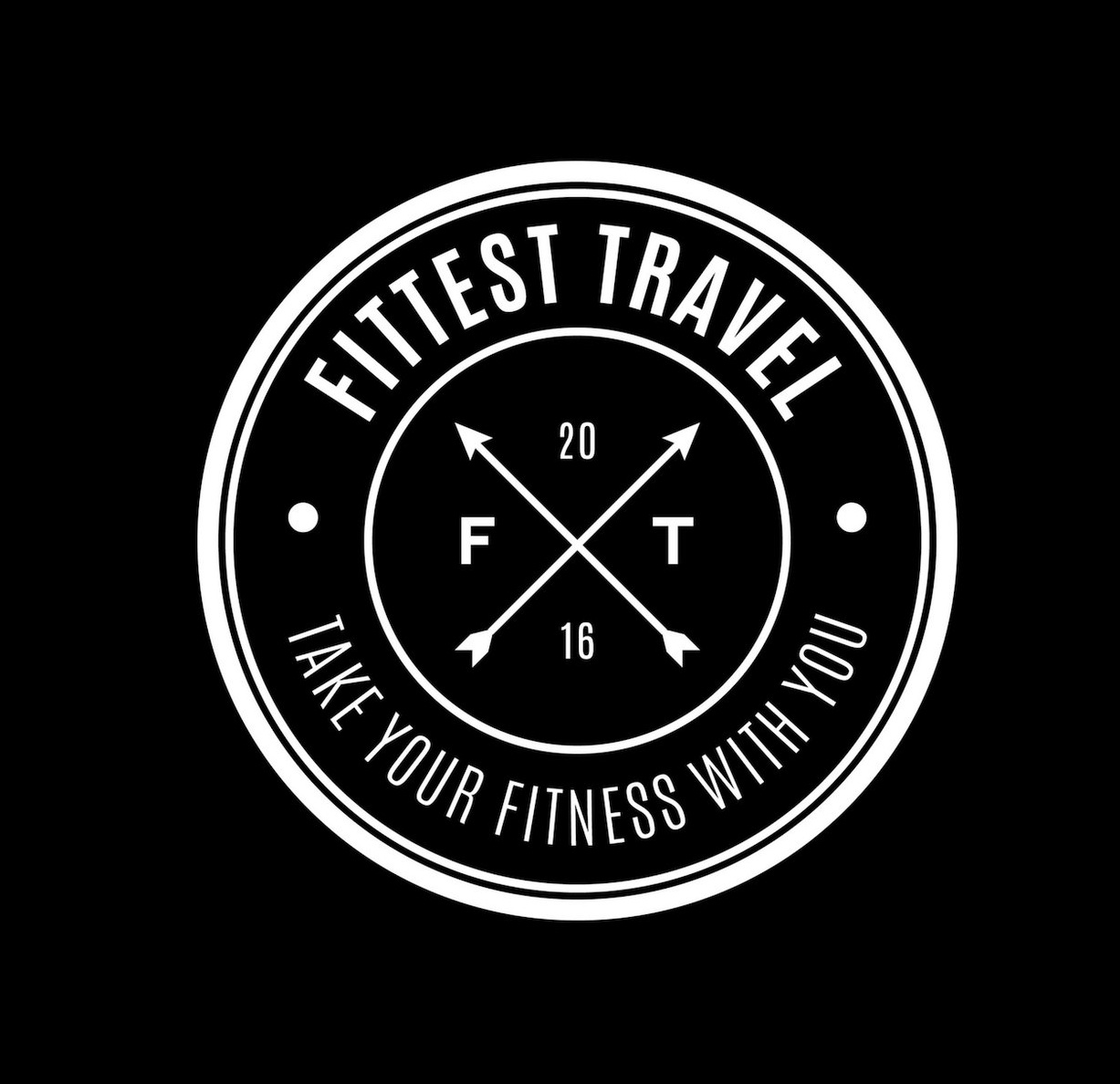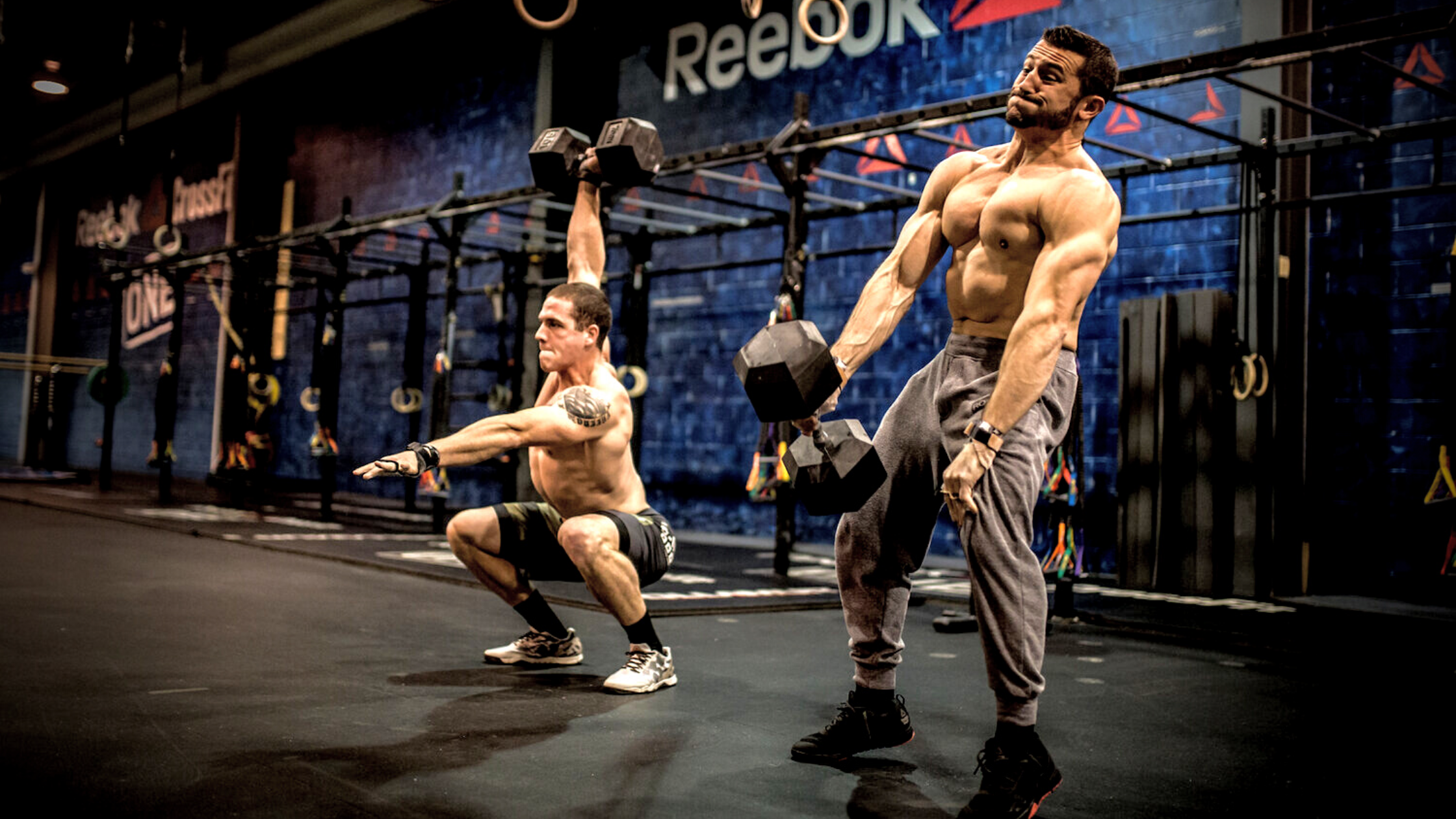The 3 Best Sleep Practices for a Good Night's Rest
Follow better sleep practices to get the sleep you need and deserve.
With so many distractions wreaking havoc on our ability to unwind and fall asleep, it's no wonder that sleep problems like insomnia, sleep apnea, and chronic fatigue are so common in society.
Although these issues make it harder to get quality sleep, we can overcome these challenges and get the sleep we need.
Read on for three best sleep practices if you're ready to start getting the sleep you deserve.
1. Addressing REM Rebound
Many people experience sleeping difficulties that lead to more complex issues like insomnia, sleep apnea, and increased REM sleep.
These issues occur when the body attempts to compensate for lack of sleep or recover from prolonged periods of stress. Some people also experience changes in their REM sleep due to using alcohol, marijuana, and other substances. For those seeking solutions, exploring the best supplements for brain health may provide additional support.
An immediate halt of these substances can lead to REM rebound or the increased time within the REM sleep stage that occurs as a bodily response to stress.
When the body does not get enough REM sleep, it will overcompensate by inducing REM sleep at a deeper level and for much longer than usual.
Work to reduce your stress levels through nutrition so that you aren't susceptible to continued sleep deprivation.
Talk to your doctor about safely withdrawing from recreational and other drugs that influence REM sleep to address this effect and get back to healthy sleeping cycles.
2. Exercise Earlier In The Day
Keeping up with an exercise routine that takes place earlier in the day can help you fall asleep more easily by bedtime.
When we engage in physical activity, we wake up our cells and circulate blood and oxygen throughout the body, all of which allows us to feel energized and alert.
Our bodies can distribute healthy energy levels, with less energy gradually coming into play by the evening.
Our natural body clocks are designed to work with these rhythms, as they run in alignment with nature's day and night.
If you exercise earlier, your body doesn't get that immediate energy surge late at night, which could have the opposite effect and make it harder for you to fall asleep.
Try going for walks in the mornings, or plan to end your workout before the evening to enhance your chances of a good night's sleep.
3. Make Your Room A Sleep Sanctuary
The environment you immerse yourself in can make an immense difference in your comfort level and, therefore, how easy it is to fall asleep.
With remote work and bridging the gap between work and fitness both being so commonplace, it is easy to fall into the habit of establishing a home work environment in places meant for fitness or relaxation.
Unfortunately, the brain and the body may begin to associate work with those places you also use for relaxation, which may mean that you'll have a more difficult time falling asleep.
Try to keep your bedroom your sleep sanctuary and leave your work to a different space in your home.
Don't bring your laptop or work-related paperwork into your room and keep your phone a few feet away from you on your nightstand or under your bed.
You'll feel less distracted and stressed by separating your environments and making your bedroom cozy, with the intention of getting good sleep.
Here are a few ways to make your room better for sleep:
Make it cold.
Make it dark.
No electronics.
Use ambient background noise.
Get The Sleep You Deserve
Following healthy sleep practices is easier said than done. We all have different schedules and demands to meet daily, and many influential factors contribute to our stress levels.
Consider the above three changes to start creating better sleep practices for yourself. Start getting the sleep you deserve.








